U.S. Vice President JD Vance said on May 7 that Russia is "asking for too much" to end its war against Ukraine, highlighting growing frustration within the Trump administration over stalled peace efforts with Moscow.
Speaking at the Munich Leaders Meeting in Washington, Vance said the U.S. remains focused on securing a long-term settlement after Russia dismissed a proposed 30-day ceasefire, according to Politico. Moscow argued that a temporary pause would benefit Ukraine militarily and was not in its strategic interest.
"The Russians are asking for a certain set of requirements, a certain set of concessions in order to end the conflict. We think they’re asking for too much," Vance said.
Vance’s remarks reflected what he described as a shift in the White House’s approach to President Vladimir Putin. "Maybe he doesn’t want to stop the war," Trump said in April on Truth Social, following a meeting with President Volodymyr Zelensky in Rome. Trump also suggested he might impose sanctions to "change the dynamic."
Vance added that while Trump is ready to step away from the talks, the administration’s current priority is getting both sides to engage directly. "We would like both the Russians and the Ukrainians to actually agree on some basic guidelines for sitting down and talking to one another," he said. "That is the next big step we’d like to take."
Although Vance acknowledged the wide gap between Kyiv and Moscow, he maintained a degree of optimism. "I’m not yet a pessimist," he said, but added that "it’s probably impossible" for Washington to act as a mediator unless both parties first establish contact.
Vance struck a notably more measured tone than in his speech at the Munich Security Conference in February, according to Politico, where he drew backlash for harshly criticizing European governments. Addressing a room of senior transatlantic officials — many of them critical of Trump — Vance emphasized shared values, saying Europe and the U.S. remain on the "same civilizational team."
He also addressed tensions from his earlier appearance. "It’s not ‘Europe bad, and America good,’" he said. "I think that both Europe and the United States, we’ve gotten a little bit off track, and I’d encourage us all to get back on track together."
While some attendees said they were reassured by the more conciliatory tone, others remained skeptical. One participant noted the absence of clarity on how far Washington is willing to go. “If Ukraine can’t join NATO what will you do to prevent future Russian invasions?” they asked. “Because without hard defense commitments to Ukraine, we all know it will happen again.”
Another participant welcomed the softer rhetoric but criticized what they saw as false neutrality. “To come off as somehow neutral between Russia and Ukraine is morally repugnant. One side is the aggressor, one the victim fighting for its survival. Nice speeches can’t change that.”
As the event unfolded, tensions between the United States and Germany also flared over Berlin’s decision to classify the far-right Alternative for Germany (AfD) party as extremist.
Who’s attending Moscow’s Victory Day parade? The Kremlin has published a guest list ahead of May 9
Russia’s annual Victory Day parade is set to take place in Moscow on May 9, in a week dramtically marked by a series of Ukrainian drone strikes on the city. Russia’s Victory Day celebrations on May 9, which mark the Soviet Union’s role in defeating Nazi Germany in World

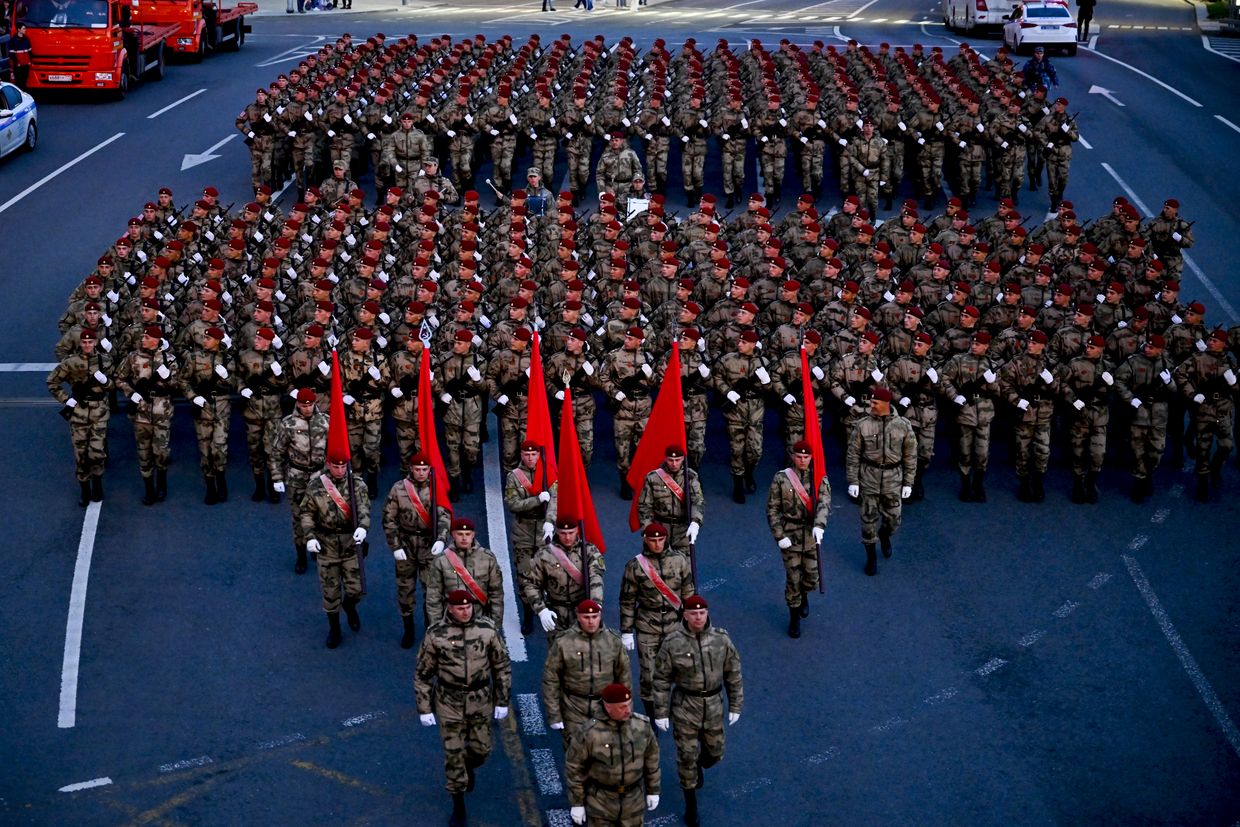
.png)
 German (DE)
German (DE)  English (US)
English (US)  Spanish (ES)
Spanish (ES)  French (FR)
French (FR)  Hindi (IN)
Hindi (IN)  Italian (IT)
Italian (IT)  Russian (RU)
Russian (RU)  11 hours ago
4
11 hours ago
4
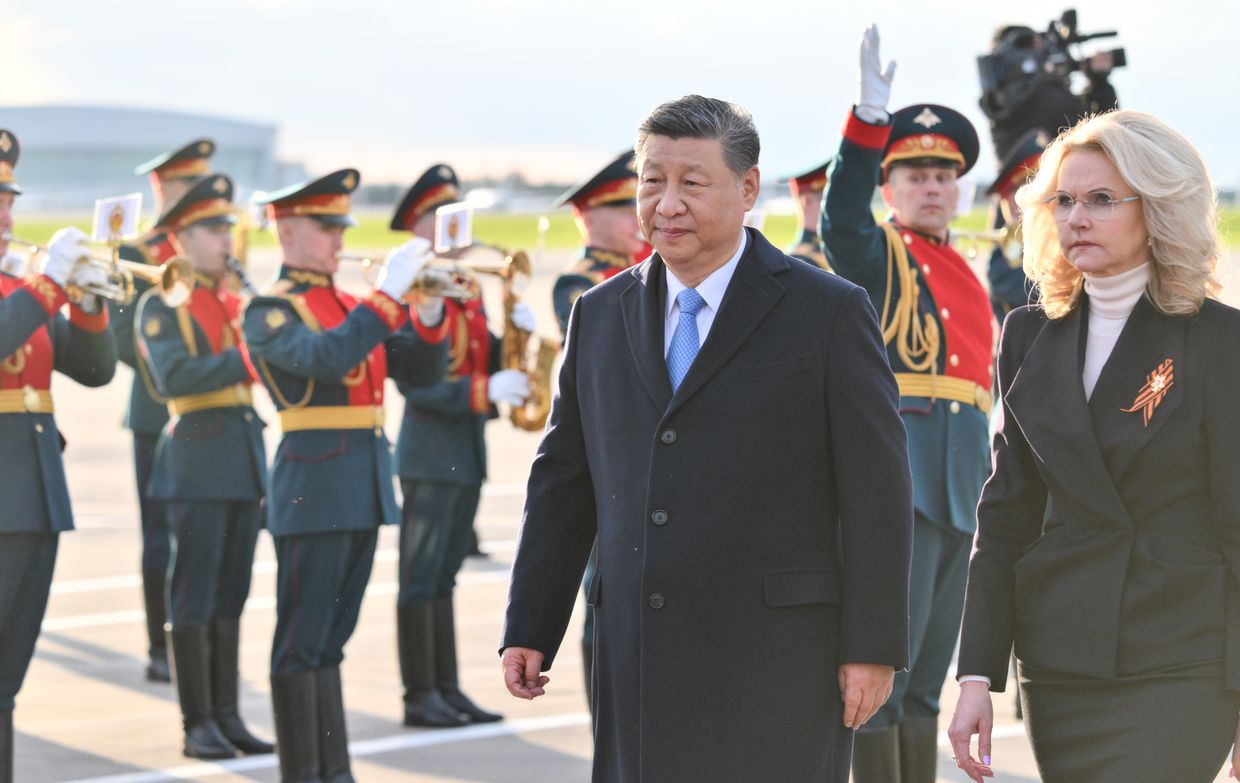
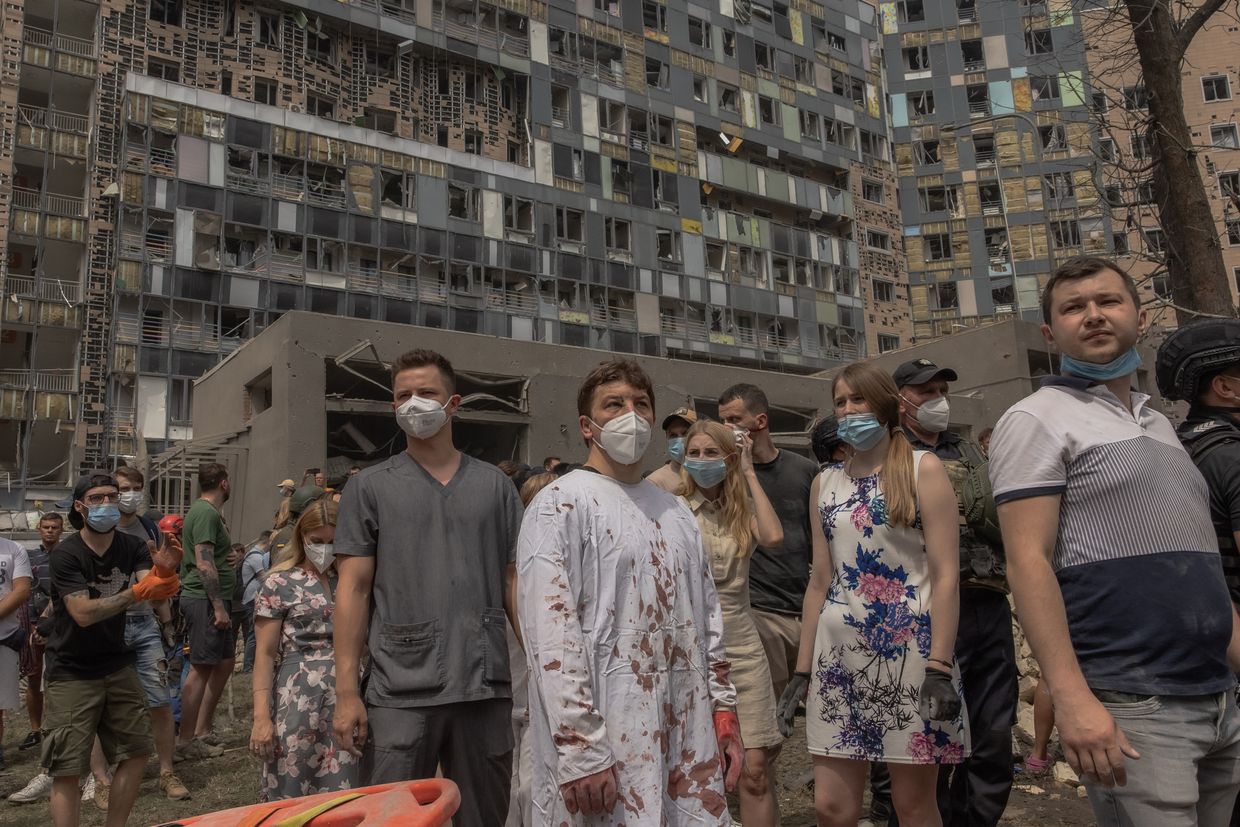
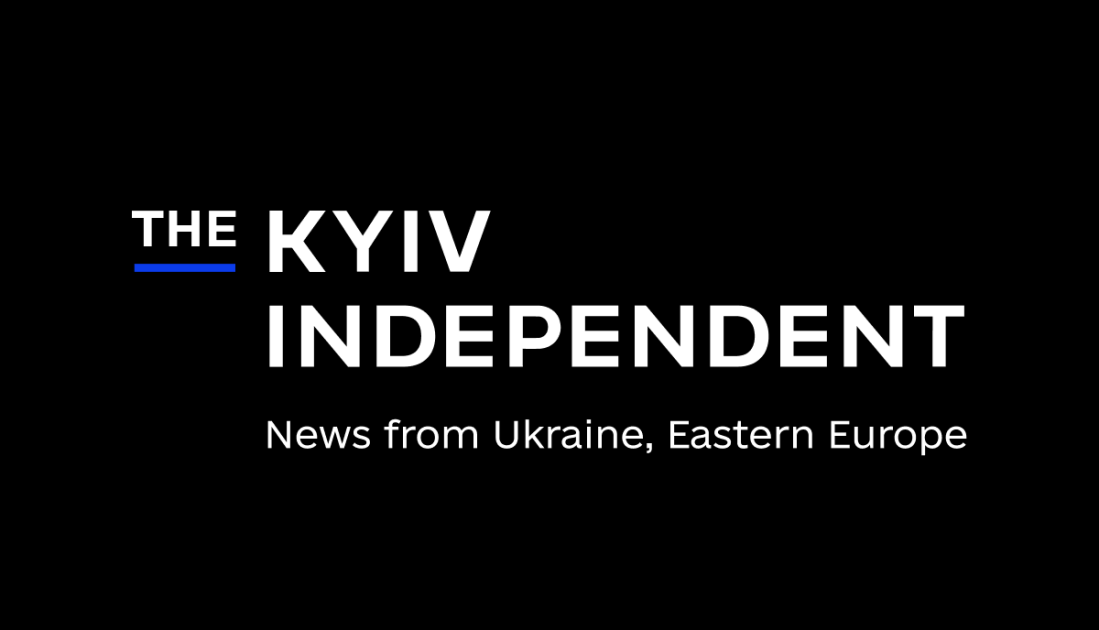
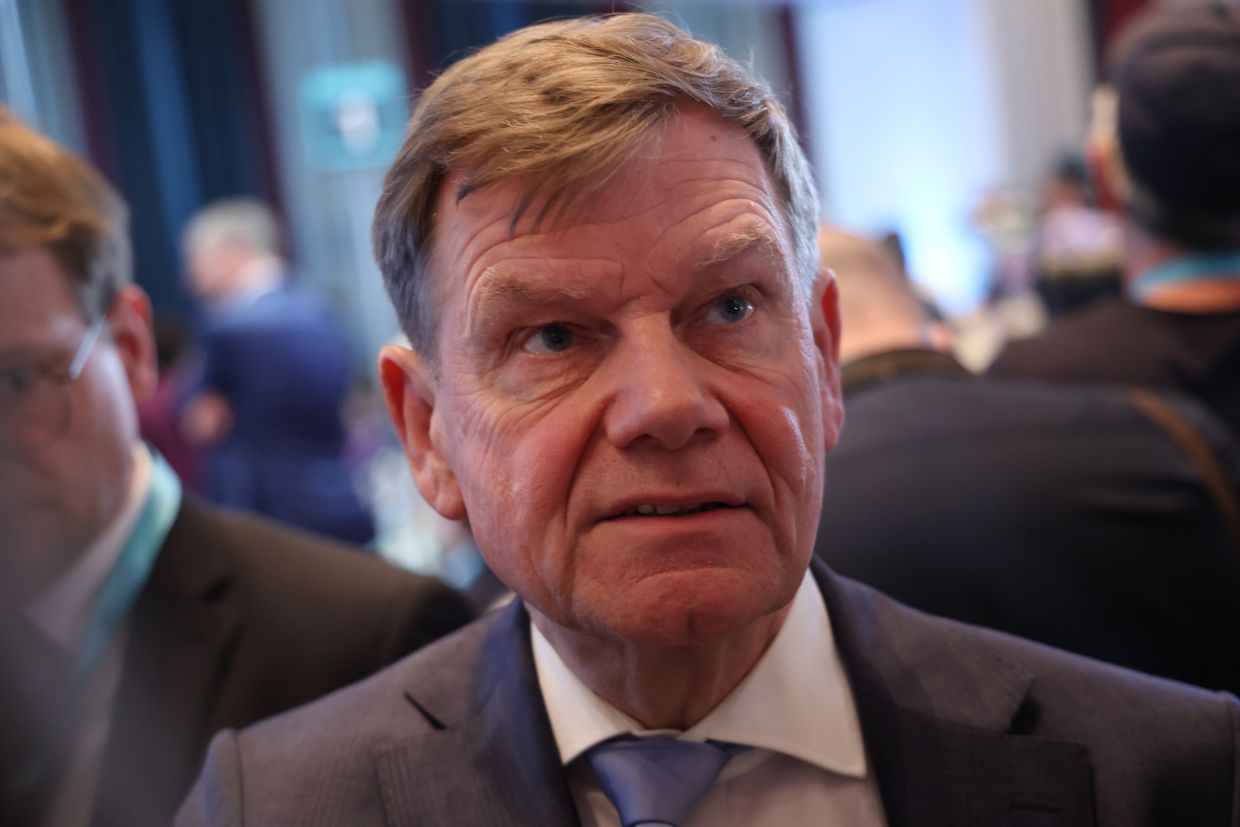
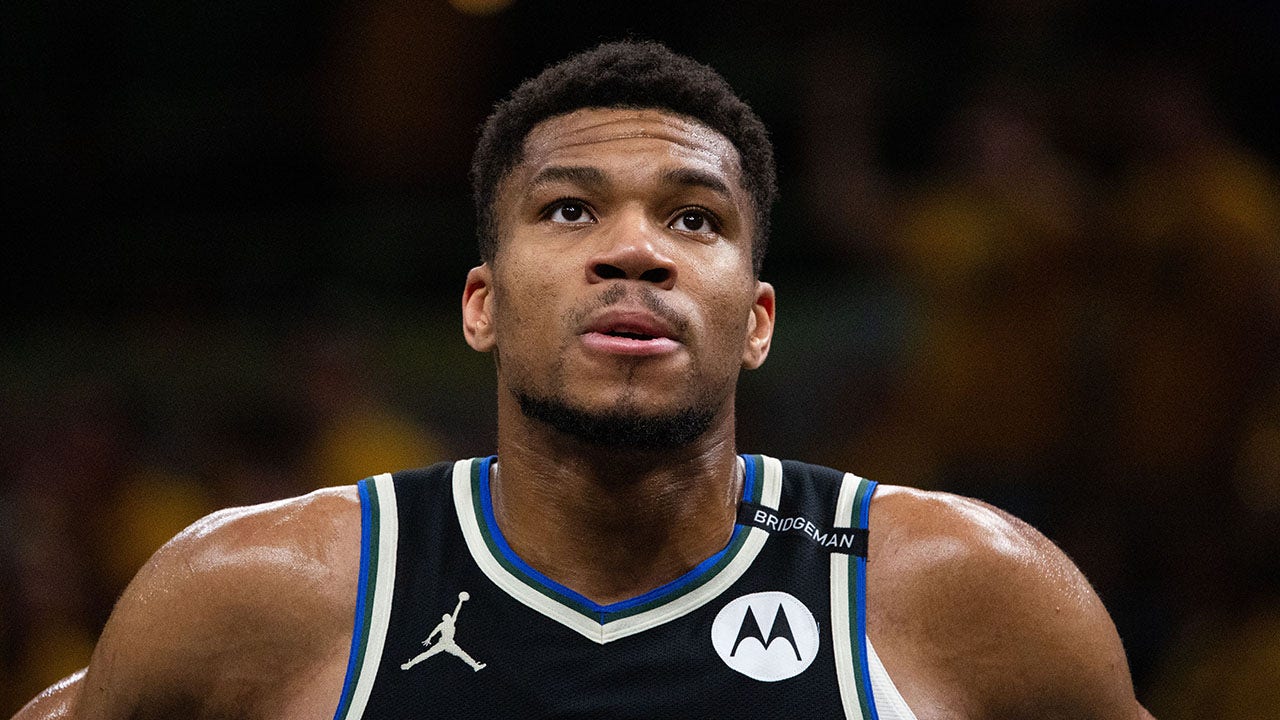
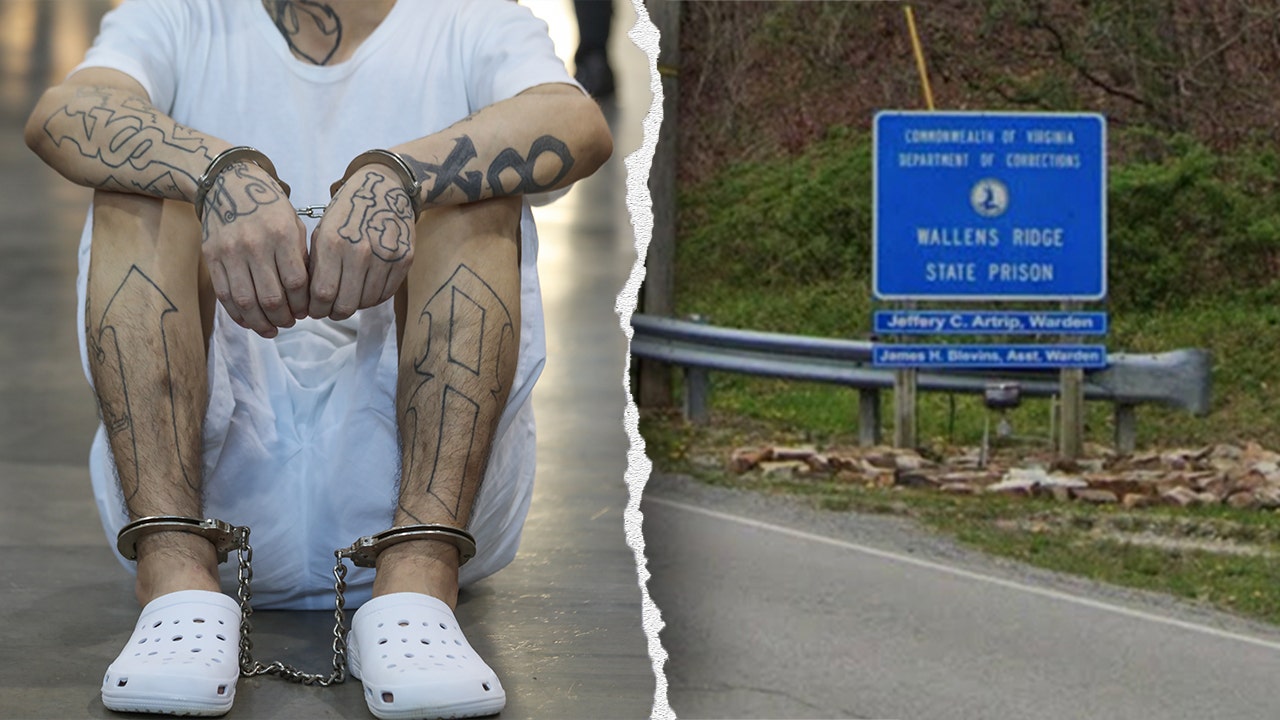
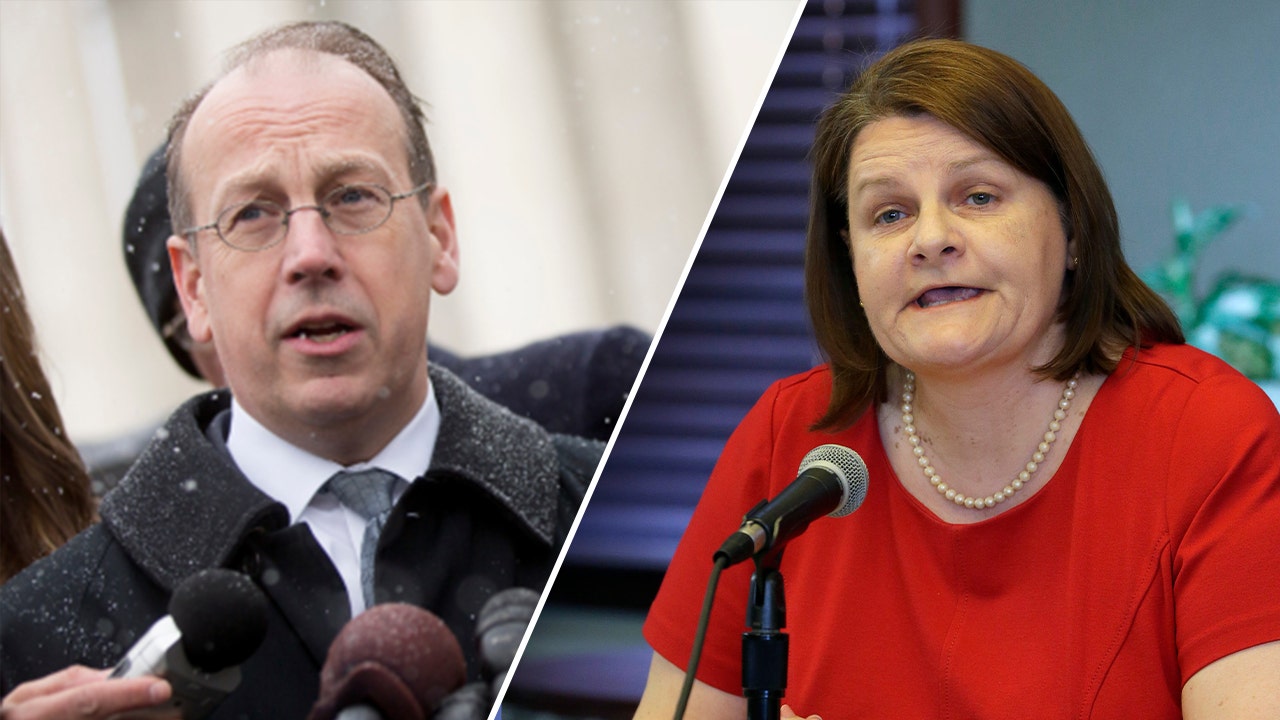


Comments